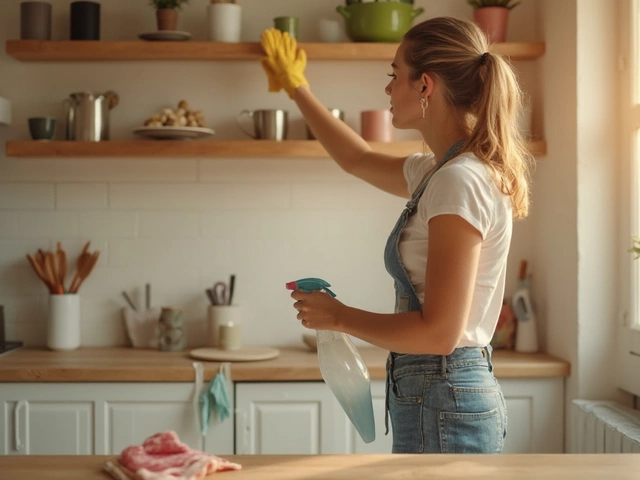Tipping Etiquette: What You Need to Know
When working with Tipping Etiquette, the set of unwritten rules that guide how and when to give a gratuity for services rendered. Also known as gratuity norms, it helps balance appreciation and fairness in everyday transactions.
Understanding tipping etiquette starts with the Service Industry, a broad field that includes restaurants, cafés, hotels, and a growing number of home‑service businesses. Its key attributes are low base wages, reliance on customer generosity, and varied regional expectations. Because the industry thrives on personal interaction, the way you tip directly influences employee morale and the quality of service you receive.
When you call a professional to clean your oven, windows, or driveway, the Cleaning Services sector operates on similar principles. Cleaners often charge a fixed fee for labor, but a thoughtful tip can acknowledge the extra effort of tackling stubborn grime. The sector’s typical tip range is 5‑10 % of the total bill or a flat £5–£10 for larger jobs, depending on how thorough the work is.
The Hospitality Staff, including waiters, baristas, and hotel housekeeping, are the most visible face of tipping etiquette. Their roles require rapid response, personal attention, and often long hours on their feet. In the UK, a 10–15 % tip for table service is common, while a £2–£5 tip for a coffee or a night’s stay is considered generous. Recognizing their contribution reinforces a culture of respect and encourages consistent service quality.
Practical Rules for the UK Household
So, what do you actually tip in everyday life? For sit‑down meals, aim for 10 % if service is not included; if a service charge appears, you can add a few pounds for exceptional effort. For take‑away or fast‑food orders, tipping isn’t expected, but rounding up the bill is a nice gesture. When hiring a cleaner, consider a flat amount that reflects job difficulty – a deep‑clean oven might earn a larger tip than a routine surface wipe.
Ethics play a big part, too. If a business advertises “no tipping needed” because staff are paid a living wage, honor that policy. Conversely, when you notice a worker going the extra mile – polishing a countertop, rearranging items, or answering questions patiently – a tip acknowledges that extra care. Remember, the goal of tipping etiquette is to reward genuine effort, not to compensate for low wages across the board.
Research shows that clear tip policies boost employee satisfaction and reduce turnover. When workers know exactly how tips are pooled or distributed, they feel more secure. For business owners, transparent tip handling – whether through shared tip jars or direct salary supplements – builds trust and avoids confusion. This transparency feeds back into the overall tipping culture, making the practice more consistent and fair.
In short, mastering tipping etiquette means recognizing the context, the service type, and the local expectations. Whether you’re dining out, hiring a cleaning crew, or thanking a hotel housekeeper, a well‑placed gratuity reflects appreciation and encourages better service. Below you’ll find a curated collection of articles that dive deeper into specific scenarios, percentages, and etiquette tips for the Isle of Wight and the wider UK.





